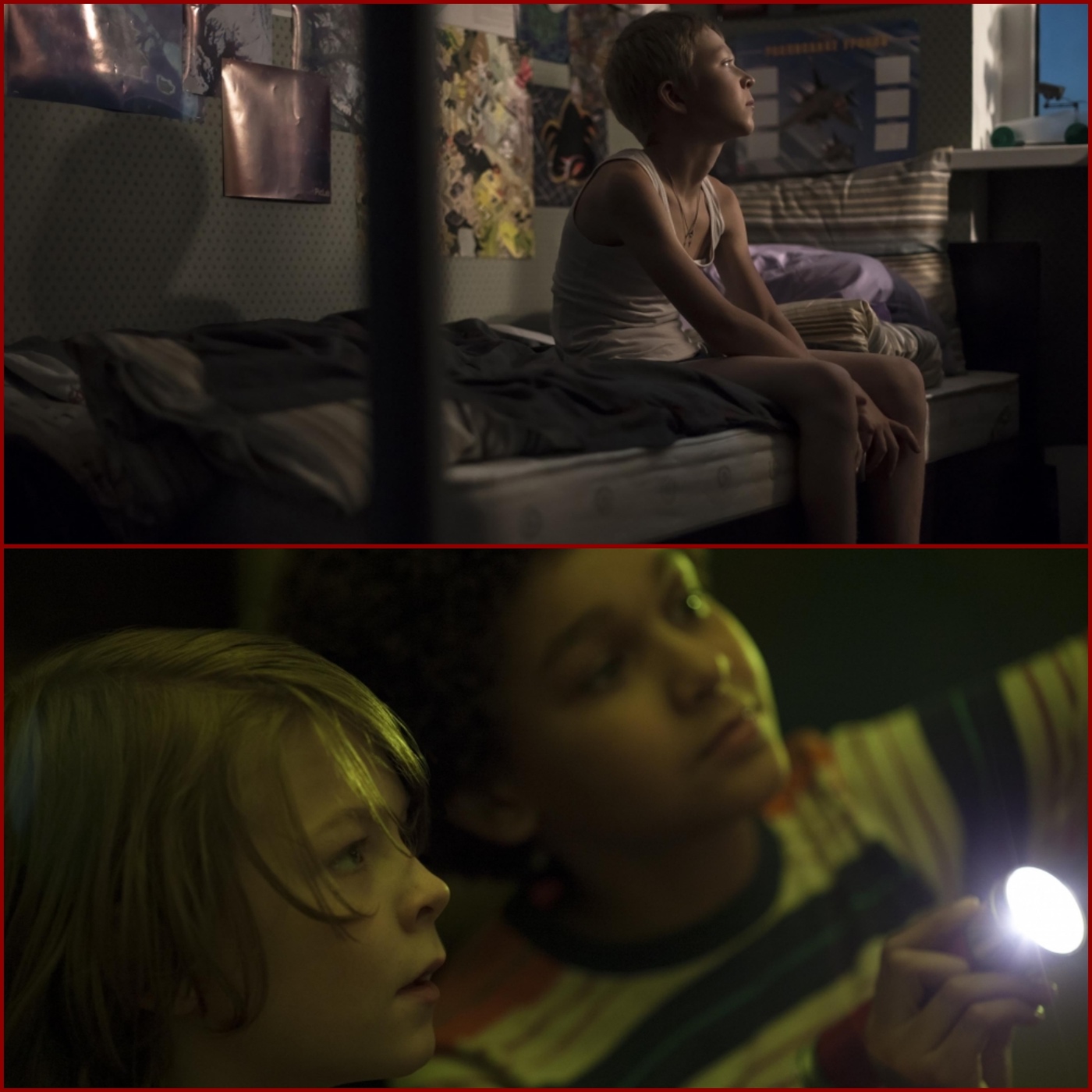
- Festivals
Cannes 2017-Todd Haynes and Andrey Zvyagintsev Explore Connection and Disconnection
You wouldn’t necessarily know it from the line of stragglers still snaking in front of the press office to pick up credentials, but Cannes Day one is in the books. The crowd of journalists is due to the 4000 some credentials which have been assigned for this 70th edition, and the hottest item in the lines is sunscreen: the weather is picture perfect but the sun in the Riviera’s azure skies can take a toll on critics’ delicate complexions.
All around the usual complement of onlookers, poseurs, fashion victims, film mascots, industry folk and simple hangers-on has begun that unmistakable slow churn known as the Croisette shuffle in a blur of photographers’ flashes and selfie sticks – and under the watchful eye of the very visible patrols of full-cammo, machine gun-wielding soldiers (Nice, site of last July’s horrific truck attack is, after all, just a short drive down the coast).
With that backdrop, there is also a festival to set in motion and that means screening films. After the inaugural Ismael’s Ghosts by Arnaud Desplechin opened things up to less than enthusiastic notices from most reviewers, day two featured entries from Russia and the US (is there anywhere you can get away from those two words these days?).
The Russian film is the latest from Andrey Zvyagintsev, the Siberian director who began his career more than auspiciously with a Golden Lion in Venice for The Return (2003) and has since followed up with a Best Foreign Film Golden Globe for Leviathan (2014). With Nelyubov (Loveless) he explores a relationship so thoroughly drained of any remnant trace of empathy and warmth, that it may as well be laid out on one of the morgue slabs which at one point dramatically features in the story.
Boris and Shenya are a forty-something couple living a humdrum existence in the suburbs of an anonymous metropolis, or rather they are wading through the strewn shards of that former life. Amid an acrimonious divorce, they only meet anymore to finalize the sale of their apartment. Boris is already living with his new young and pregnant girlfriend; Shenya is dating a wealthy new fiancée. When they do interact, it is to hurl insults at each other, especially about the custody their twelve-year-old son Alyosha, which neither apparently has any intention of caring for. They seem to wield their blithe egotism like loaded weapon around the tiny apartment and it is Alyosha who gets caught in the emotional crossfire, internalizing the awful abandonment.
It takes a call from the school principal for the parents to realize that Alyosha has disappeared. The vanishing and the painful search for the missing child inform the rest of the film which is an unflinching portrait of a couple’s lost promise and surrender as well as of despairingly ordinary lives. The locations, clinically filmed by Zvyagintesv’s camera – offices, apartments, restaurants, cars – transmit the image of a contemporary Russia which is indistinguishable from the universal landscape of our modern lives. The characters, constantly peering into the screens of their smart devices, seem unable to escape a dissatisfaction masking existential despair.
Like in previous films the metaphorical dimension is unmistakable about a modern Russia alternately orphan of its recent past and “childless” in its uncertain future outlook. The hallmark themes of an accomplished director who is back on the Croisette representing his country (he won best screenplay her for Leviathan).
A much sunnier disposition exudes from Wonderstruck, with which Todd Haynes marks his return to the festival (his Carol premiered here two years ago n before going on to international acclaim, including five Golden Globe nominations). The film is based on the novel by Brian Selznick who also penned The Invention of Hugo Cabret which was adapted by Martin Scorsese in Hugo (nominated for three Golden Globes and winner for Best Director in 2012).
Wonderstruck is told in two parallel stories taking place fifty years apart and bound by a thread which becomes more and more parent before merging in a moving finale. The two protagonists are deaf children, Rose (Millicent Himmonds) in 1927 and Ben (Oakes Fegley) who both become pre-teen runaways embarking in voyages of escape and discovery which will change their lives. Julianne Moore plays the older Rose in the modern story, the character who crucially ties the two strands together. Haynes directs what is essentially a characteristically deft young adult story by Selznick with unmistakable craft. The film is shot in both color and black and white and is largely dialogue-less, device which refer to cinema, its evolution as well as underscore the non-hearing experience of the young protagonists.
All in all, a heartfelt and touching coming of age narrative told by a Cannes regular. The festival is truly underway.